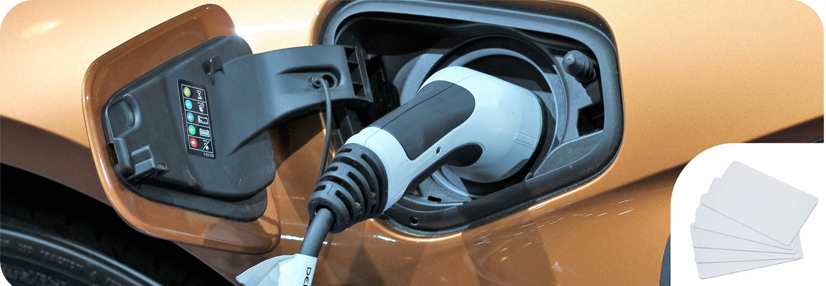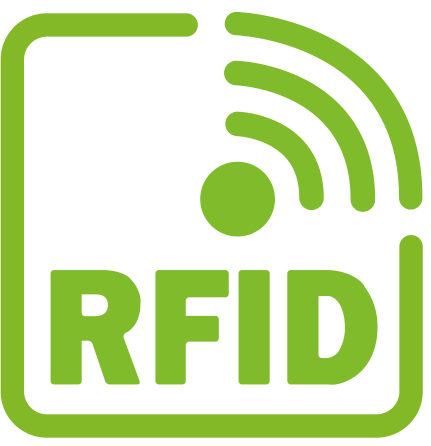RFID technology: why is it essential for managing recharging points?
Blog
Posted on 29.09.2023

RFID is a technology that enables objects or people to be identified remotely using radio signals. It is based on the use of RFID cards or tags, which are equipped with electronic chips containing specific data. This data can be read by an RFID reader without the need for physical contact. This distinguishes RFID from traditional barcodes and optical reading technologies.
Access control, security and automatic billing
Whatever the application in which this technology is used, the data collected by RFID systems is of crucial importance when it comes to security and tracking transactions. It makes it possible to trace the identity of the user of a recharging point, the precise time of use and the amount of energy consumed, facilitating accurate billing.
Industry standards promote the interoperability of RFID systems. This means that users can use the same RFID card on different charging networks. This approach greatly enhances convenience and accessibility for electric vehicle users, enabling them to enjoy a consistent and seamless charging experience, regardless of which charging network they access.

RFID technology in action
1- Electric Vehicle Fleet Management : Companies with fleets of electric vehicles often use RFID systems to monitor vehicle use, manage recharging costs and ensure a fair distribution of recharging resources.
2- Public charging network : RFID systems are used to manage public recharging networks, enabling users from different regions and businesses to access charging points seamlessly.
3- Private network for public use : Whether it's a hypermarket, hotel or any other type of business open to the public, RFID systems provide fast, secure access control. Combined with a MID* meter, the kiosk owner can simply charge his customers for recharging.RFID systems are a cornerstone of efficient management of charging infrastructures for electric vehicles. They simplify the user experience, enhance security, make it easier to track transactions and contribute to the expansion of charging networks. As EV adoption continues to grow, RFID systems will play an increasingly vital role in creating a robust and convenient charging ecosystem for electric drivers.*The MID is a European directive on measuring instruments. Only electricity meters that comply with this directive can be used to bill for electricity.